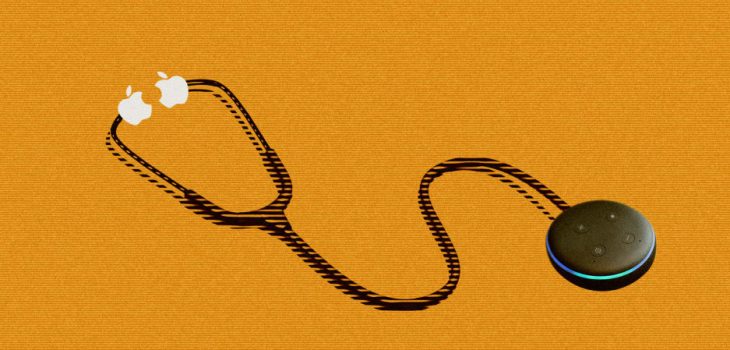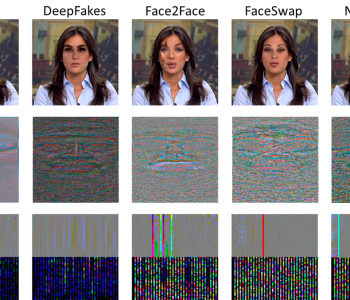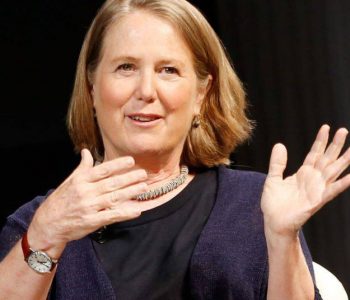 AI
AI
The Automation of Healthcare
Below are a couple of competing views on the coming automation of healthcare. Healthcare is ripe for it as its a non-scalable industry. Highly educated service providers are paid for their time including doing menial and repetitive tasks that could be automated. This is why your doctor charges so much (amongst other inefficiencies).
The other factor here is that, in the US at least, you own your medical data. Few people feel like they own it but legally you do. Its just locked away with your doctors, labs and other health providers. All of the big tech companies, as well as several healthcare tech providers, are working on actually providing access and portability to this data.
Once that is available, I have a view that there’s a big opportunity for healthcare providers to offer APIs into them with that standardized data. You want a 2nd opinion, submit your data to another doctor. You want to see if a pharmaceutical or supplement helps with your condition, submit your data. Behind those APIs will need to be reasonably sophisticated AIs that can assess and respond to the patterns seen in your data. Doctors provide not only the input to the AI but the specialization needed on top for unique cases and follow-up. This makes healthcare a lot more scalable.
In his upcoming book, The Future Is Faster Than You Think, which will hit bookshelves in late January 2020, Diamandis makes the case for why he believes big tech companies are going to be running healthcare by 2030. In December, he came to Fast Company’s offices to make the case for why Big Tech is the doctor of the future.
https://www.fastcompany.com/90440921/amazon-and-apple-will-be-our-doctors-in-the-future-says-tech-guru-peter-diamandis
Hamish Fraser first encountered Babylon Health in 2017 when he and a colleague helped test the accuracy of several artificial intelligence-powered symptom checkers, meant to offer medical advice for anyone with a smartphone, for Wired U.K. Among the competitors, Babylon’s symptom checker performed worst in identifying common illnesses, including asthma and shingles. Fraser, then a health informatics expert at the University of Leeds in England, figured that the company would need to vastly improve to stick around.
https://www.fastcompany.com/90440922/should-you-get-medical-advice-from-a-bot-doctors-arent-so-sure












